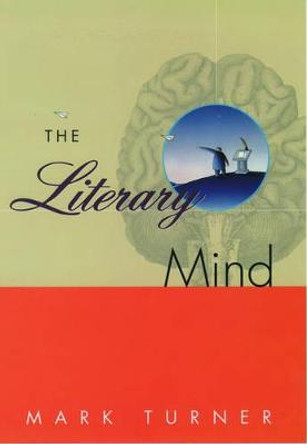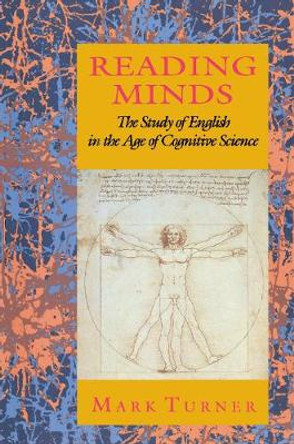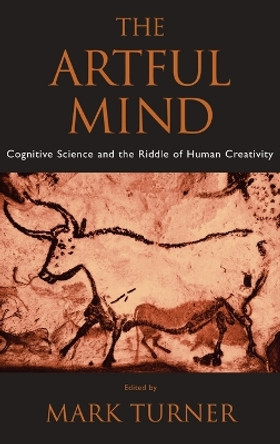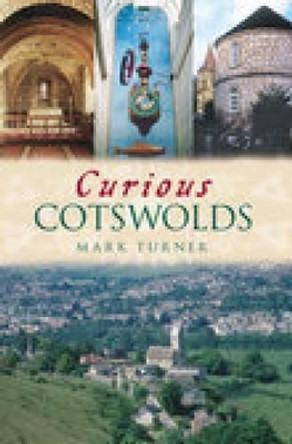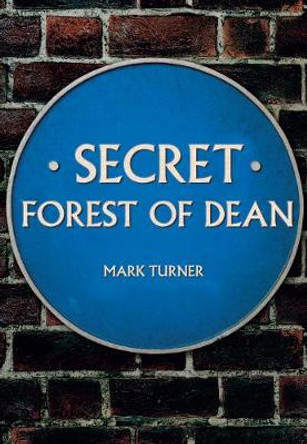We usually consider literary thinking to be peripheral and dispensable, an activity for specialists: poets, prophets, lunatics, and babysitters. Certainly we do not think it is the basis of the mind. We think of stories and parables from Aesop's Fables or The Thousand and One Nights, for example, as exotic tales set in strange lands, with spectacular images, talking animals, and fantastic plots--wonderful entertainments, often insightful, but well removed from logic and science, and entirely foreign to the world of everyday thought. But Mark Turner argues that this common wisdom is wrong. The literary mind--the mind of stories and parables--is not peripheral but basic to thought. Story is the central principle of our experience and knowledge. Parable--the projection of story to give meaning to new encounters--is the indispensable tool of everyday reason. Literary thought makes everyday thought possible. This book makes the revolutionary claim that the basic issue for cognitive science is the nature of literary thinking. In The Literary Mind, Turner ranges from the tools of modern linguistics, to the recent work of neuroscientists such as Antonio Damasio and Gerald Edelman, to literary masterpieces by Homer, Dante, Shakespeare, and Proust, as he explains how story and projection--and their powerful combination in parable--are fundamental to everyday thought. In simple and traditional English, he reveals how we use parable to understand space and time, to grasp what it means to be located in space and time, and to conceive of ourselves, other selves, other lives, and other viewpoints. He explains the role of parable in reasoning, in categorizing, and in solving problems. He develops a powerful model of conceptual construction and, in a far-reaching final chapter, extends it to a new conception of the origin of language that contradicts proposals by such thinkers as Noam Chomsky and Steven Pinker. Turner argues that story, projection, and parable precede grammar, that language follows from these mental capacities as a consequence. Language, he concludes, is the child of the literary mind. Offering major revisions to our understanding of thought, conceptual activity, and the origin and nature of language, The Literary Mind presents a unified theory of central problems in cognitive science, linguistics, neuroscience, psychology, and philosophy. It gives new and unexpected answers to classic questions about knowledge, creativity, understanding, reason, and invention.
Named as an Outstanding Academic Book of 1997 by CHOICEAbout the AuthorMark Turner is Professor of English and an affiliate of the Center for Neural and Cognitive Sciences at the University of Maryland. He has been a fellow of the Guggenheim Foundation, the Center for Advanced Study in the Behavioral Sciences, the National Humanities Center, and the National Endowment for the Humanities. In 1996-97, he is a member of the Institute for Advanced Study in Princeton, New Jersey.
Reviews"An incredibly rich overview of Turner's newest ideas, offering scholars in both the humanities and cognitive sciences an excellent tutorial on the literary mind."--Raymond Gibbs, Jr., Professor of Psychology, University of California, Santa Cruz
"Outstanding. This book will be a marvellous way for people to get into cognitive science."--Suzanne E. Kemmer, Professor of Linguistics, Rice University
"Turner's forceful book starts by showing how we use storying and metaphor to understand everything from pouring a cup of coffee to Proust. It ends with the splendidly bold claim that this storying, literary mind comes first, before all other kinds of thought, even language itself. Adventurous and convincing, Turner's work launches a new understanding, not only of literature, but of what it is to have a human brain. To read it is to think about thinking in a way you never have."--Norman N. Holland, Marston-Milbauer Professor of English, University of Florida
"A garden of many delights to be enjoyed by literary and scientific minds? An elegant bridge between two worlds? Other mixed (blended) metaphors apply to this book provided they tell the reader that this is an intelligent text, equally valuable to literary scholars and cognitive scientists."--Antonio R. Damasio, Professor of Neurology, University of Iowa, and author of Descartes' Error
AwardsWinner of Named as an Outstanding Academic Book of 1997 by CHOICE.
Book InformationISBN 9780195104110
Author Mark TurnerFormat Hardback
Page Count 208
Imprint Oxford University Press IncPublisher Oxford University Press Inc
Weight(grams) 458g
Dimensions(mm) 238mm * 161mm * 19mm


